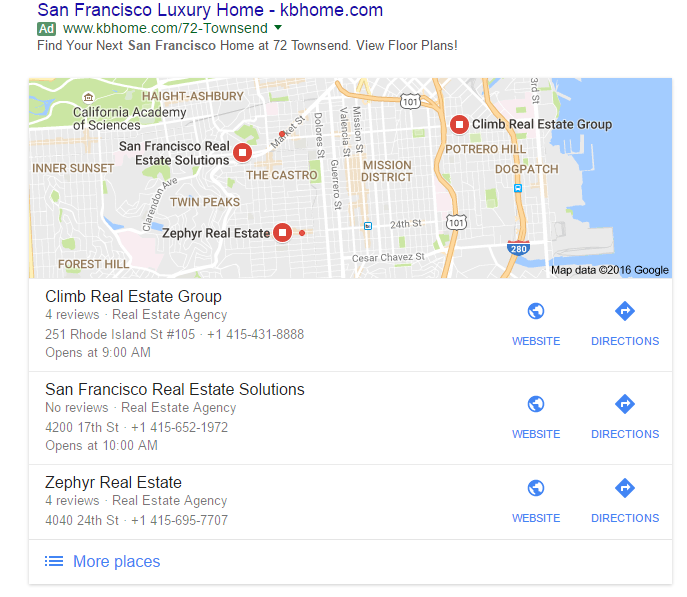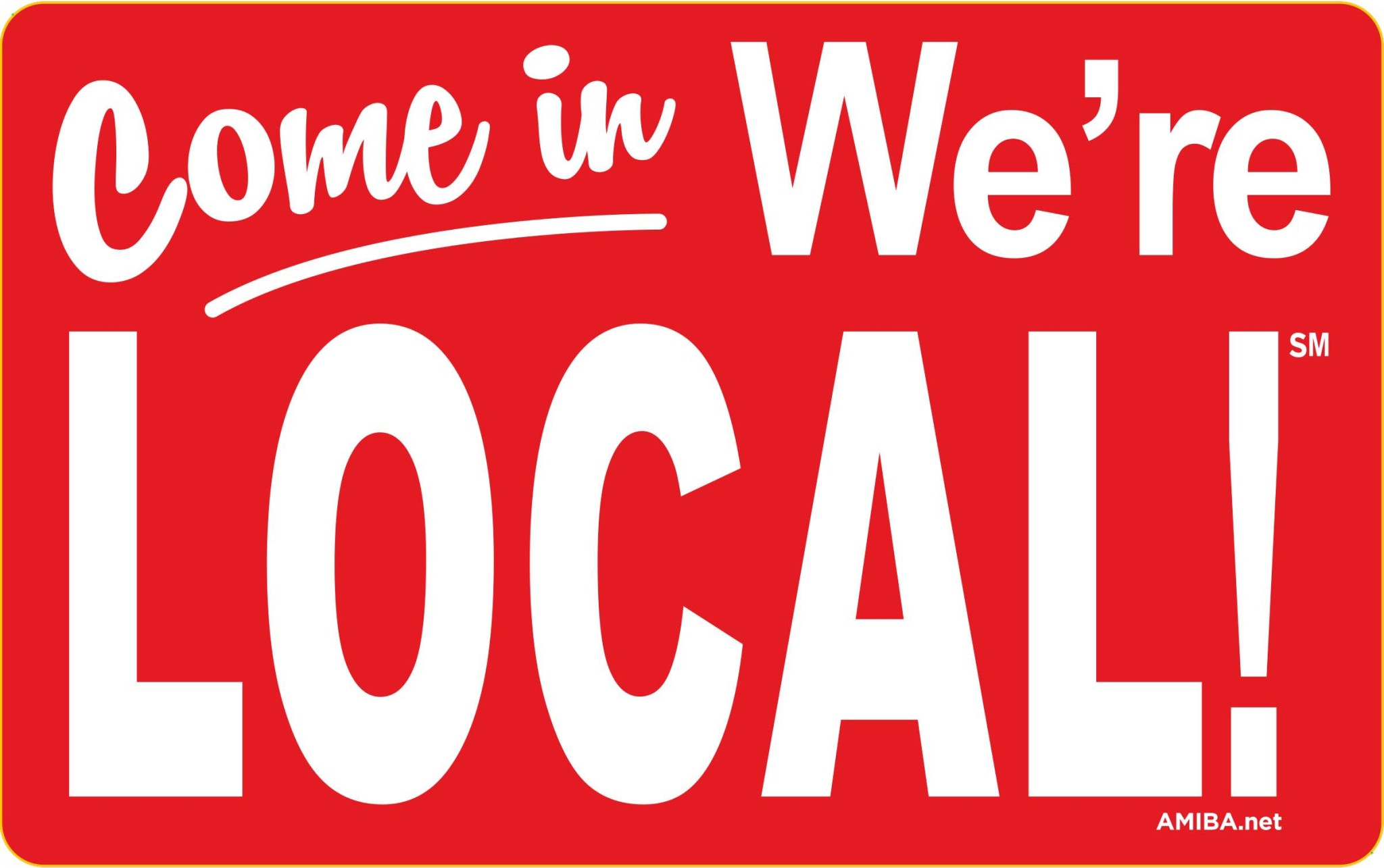
Local Search Optimization – Why Does It Matter?
Local SEO is a highly effective form of online marketing, allowing businesses to promote themselves to customers searching for a particular type of services within a certain area. Through search engines like Google and business directories like Yelp or TouchLocal, the search results are delivered using the searcher’s location as a landmark or starting point.Local SEO has grown in significance over the last few years, becoming a fully-fledged branch of digital marketing, especially since mobile search queries have overtaken desktop queries and smartphone usage has dramatically increased worldwide.As it results from the definition above, Local SEO is thus focused on providing results that are relevant to a searcher based on their current location.If for example, I search for ‘real estate agents London’ on my laptop right now, Google would provide me with the results that are nearest to me, and, therefore, most significant for my current needs.

Since, according to Google, one in three US mobile queries is now ‘local’ and 95% of people use their phone when on the go to look up local information about a business, it’s easy to see why Local SEO is here to stay, and, even more so, why it’s bound to make a difference in a company’s revenues.To highlight the practical importance of Local SEO, and its business impact, we put together a case study based on a recent GoRanker project which we completed together with one of our local US partners.Read on to find out what our client’s goals were and the results we obtained for this local business:
Step 1: Assessing Client Business Goals
Our client (who, for confidentiality reasons, won’t be identified) was already ranking first in his business category for the city of San Francisco, but was looking to generate more leads from the cities and areas outside of San Francisco, including Marin County, Oakland, Palo Alto, San Jose, San Mateo, Santa Clara, and Silicon Valley.
Step 2: Website Healthcheck and SEO Audit
After discussing our client’s goals, we ran a comprehensive website audit, which is an important part of our customer approach since it gives us an overview of the business’ status and shows us the areas that can be improved through both on site and off site interventions.Here are some of the audit details:
- HTML errors – 6 errors, 2 warnings (home page)
- Several HTML code elements missing
- Local SEO factors not implemented
- Google Analytics not implemented
- H1 and H2 headings missing
- Text to HTML ratio below 20% – you need more content
- No citations found
- Structured data not implemented
- Not optimized for mobile
- Blog page not found
- Titles and meta description not optimized or missing

The average monthly search volume for selected keywords (which shows that, in some cities, there are very few searches for a given keyword):

Step 3: Local Search Optimization
After the audit and the keyword analysis, we selected the most relevant keywords:
- corporate relocation services
- moving to {:region:}
- relocating to {:region:}
- relocation assistance
- relocation services {:region:}
- relocation specialist

Step 4: Best Results and Overall SEO Improvements
The graphs below show the progress we made in selected cities:Oakland Results
 Palo Alto Results
Palo Alto Results
San Mateo Results

Santa Clara Results

Silicon Valley Results

Besides the Local SEO improvements, our efforts also led to increased website traffic and a smaller bounce rate.In terms of organic traffic, some of the search queries we measured were: relocating to San Francisco, relocation consultant San Francisco Bay Area, relocating to San Francisco, and relocation agencies San Francisco CA.Here are the results compared to the year before we implemented all these changes; you can also see the improvements made from project start to project finish:

Let’s talk numbers: for organic search, the number of sessions increased by 47.33%, from 300 to 442. Also, the bounce rate decreased by 53.38% – from 71.59% to 33.38%, which means the users viewed more pages before leaving the site.The overall performance of organic searches increased mainly because of the number of new users that visited the website.
Conclusion
Our client’s progress was the result of the strategies we implemented simultaneously: establishing a keyword plan, website optimization, and adding location pages to the website.Keep in mind that significant Search Engine Optimization results often come after 6 to 12 months of constant effort and with a solid plan in mind even a single improvement can make a big difference.If you need help figuring out how to improve your Local SEO game, set up a complimentary digital strategy here.



